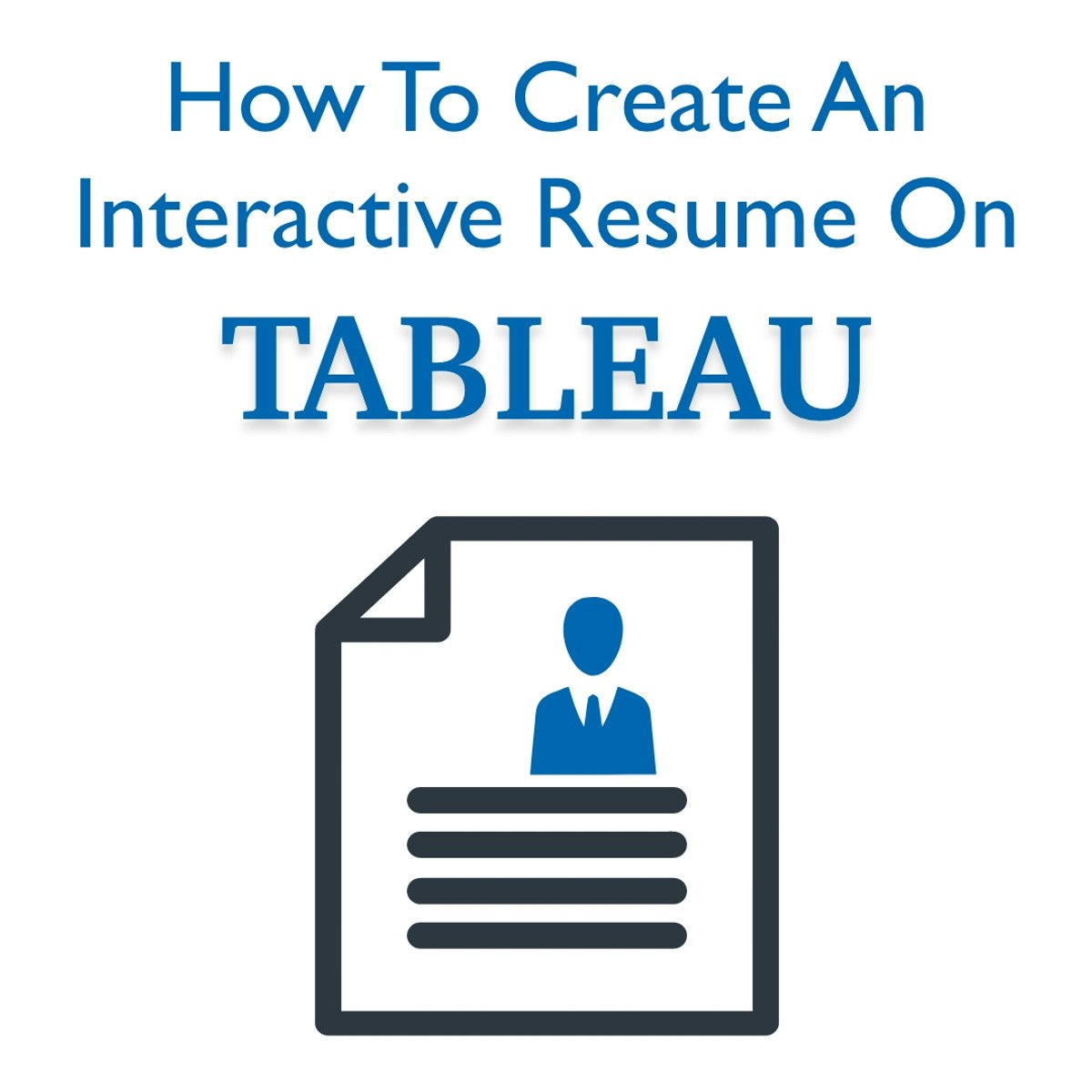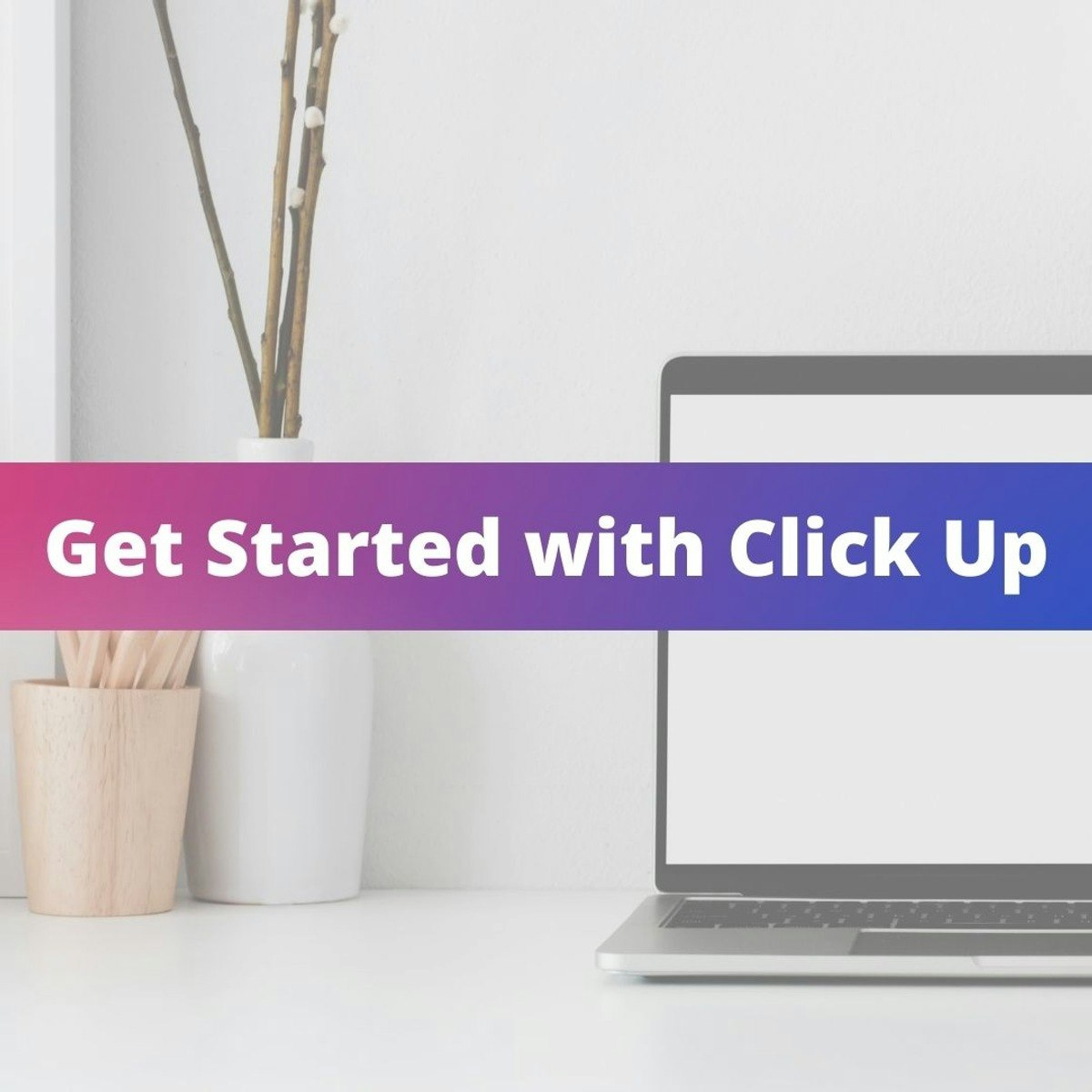Back to Courses









Personal Development Courses - Page 35
Showing results 341-350 of 514

How To Create An Interactive Resume On Tableau
In this project, learners will learn how to create an Interactive Resume on Tableau. Interactive Resumes are a unique way of showcasing data visualization tools by using charts and graphs to illustrate skills, experiences, education, and work history. For people in the data and analytics industry, these skills are in high demand. Having this unique resume approach is an opportunity to stand out from the crowd. In this project, learners will create a Free account on Tableau Public. They will also learn how to connect Tableau to their data sets. They will get an in-depth look at how to create Gantt Charts and Abacus graphs to display different kinds of resume data. They will finally learn how to publish their Interactive Resumes to Tableau Public. By the end of this course, learners will have created a fully functional resume with interactive elements to showcase their resume skills.

Leadership for an Increasingly Diverse World
Geared toward working professionals in both the corporate and nonprofit sectors, Leadership for an Increasingly Diverse World, takes leaders from being passively engaged to being actively engaged in the fight for diversity, inclusion, equity, and justice. To lead effectively in the 21st century workplace and beyond requires cultivating a more connected, more diverse, more inclusive, and more globally reflective organizational culture. This course will help leaders embody a diversity, inclusion, equity, and justice mindset so that they can adapt and respond to a rapidly changing, increasingly diverse, and globally connected world.

How to Network: Leading Yourself to Lead Others
Life is a relationship business, and the world is our work. Success in today’s complex, dynamic, and unpredictable world depends on our ability to cultivate, nurture, and activate relationships. This course – designed for students, professionals, and executives – will inspire learners to build a networking mindset and harness the power of networking to solve problems, create opportunities, and live out their respective purposes and goals.
A networking mindset is a strategic advantage in life and business. In this course, you will learn what networking really is and how to cultivate a networking mindset. You will also have the opportunity to clarify your purpose, analyze your personal brand, and learn the structure and method to building, nurturing, and activating relationships, so you can network with confidence to achieve your goals – and do so faster. You will also create your own action plan to live out your purpose, both personally and professionally.
This course serves all: from students and recent college graduates who face challenges in translating their degrees and experiences to a job, to professionals who feel stuck and unfulfilled with their lives, to senior leaders and executives who have realized that a networking mindset is necessary to drive greater organizational success and need help figuring out how to go about it.

International Travel Preparation, Safety, & Wellness
Whether you've traveled before or not, living and working overseas can be challenging. Learn how best to prepare and make the most of your time internationally.
This course will prepare you to work and live overseas. It explores the epidemiology of common morbidity and mortality among travelers and examines key prevention, safety, and travel medicine principles and services to contextualize risks and maintain wellness. The course reviews applicable interventions, appropriate vaccines, and personal protection methods to prepare you to respond to expected and unexpected situations and will challenge you to examine travel health and safety priorities through case studies and discussions.
The Honors Lesson will assist you with personal preparations for travel through the creation of a country-specific profile.

How to Create a Good Business
Prioritizing the wellbeing of workers is not just a good - or ethical - thing to do, but because it makes business sense. A happier, healthier workforce is a more productive workforce. A productive workforce is more likely to attend, perform their best work, and add more value to an organization.
Unfortunately, investing in the well-being of workers isn’t so simple.
In this course, you’ll unpack what “worker wellbeing” means across different contexts, explore how to use research techniques to find the sweet spot between worker interests and firm interests, and understand how to design scalable solutions to enable both parties to thrive.
University of Michigan Stephen M. Ross School of Business Professor Achyuta Adhvaryu, Ph.D., co-founder of research nonprofit, Good Business Lab, will guide you through the course, and share how research-based interventions can affect worker and business outcomes. Leaders from academia, research, business, and workers themselves, share their perspectives coupled with academic research to help you design a worker wellbeing intervention of your own.
Whether you’re a student interested in social business, an executive exploring ways to support your teams, or just passionate about this space, there is something in this course for you.

Writing and Editing: Revising
This fourth and final course in the “Good with Words: Writing and Editing” series will help you master perhaps the most important step in the writing process: revising. You’ll learn about the difference between editing and proofreading. You’ll practice “un-numbing the numbers” so that data and statistics you use are clear and compelling. And you’ll be introduced to a framework for giving and receiving feedback that helpfully systematizes what should be cut and what should be kept from each draft.
As with the other three courses in this series, you will also get access to a wide range of books and other resources you can use even after you finish the course. These include: (1) the readings and exercises provided to the students who have taken the in-person version of this course at the University of Michigan and the University of Chicago; (2) two digital libraries of excellent writing from a diverse collection of journalists, scientists, novelists, poets, historians, and entrepreneurs; and (3) a monthly “Good Sentences” email.

Cannabis, Chronic Pain, and Related Disorders
This Cannabis, Chronic Pain, and Related Disorders course is designed to have you think critically about the health effects of cannabis (i.e., marijuana) in the context of chronic pain, opioid use disorder, obesity, sleep dysfunction and cancer. We'll learn about the epidemiology and etiology of these conditions, the harms/benefits of current treatments, and learn how to evaluate the literature on cannabis for these conditions. We will discuss special considerations for using cannabis for these conditions, such as dose, timing, side effects, and drug interactions. Lastly, we'll discuss how it is being used in the context of palliative care. Obtaining this knowledge will be helpful in terms of informing public policy, public health, and personal decisions regarding the use of cannabis products.

Get Started with Click Up
In this project you will learn how to use ClickUp. Click Up is a project management tool that allows you to stay organized with your team and be as productive as you can be. Click Up is an incredible tool that allows you to have as many team members as you want in your account without having to pay. You'll be able to manage projects, tasks, and sub-tasks. You can chat with your team members, upload documents, and much more. In this guided project, you will have the opportunity to explore Click Up and become familiar with its functions and tools. If you have experience as a team leader you know how unorganized projects can get, Click Up allows you to get organized, have better communication, and complete your projects as quickly and productively as you can.

Purpose at Work: A Course for Employees and Leaders
Welcome to Purpose at Work: A Course for Employees and Leaders!
Why purpose at work? Because most of us spend most of our waking hours working. Many of us spend years of effort to obtain jobs that may give us purpose. But can we find purpose in nearly any job? Are we more engaged and likely to remain in our job if it gives us purpose? Can leaders create a culture that makes it easier for people to find purpose in their work? The answers are ‘yes’ to all of the above and this course shows you how.
In this course we first examine what purpose is, the benefits of having a purpose, and how to find your own purpose. We then look at purposeful work, including ways of finding purposeful work in the process of leading a more engaged and fulfilling life. Finally, we focus on purposeful leadership, including ways of leading with purpose and managing yourself. Also, in this course I interview business executives, leading organizational psychologists, and even the research director of NASA. These discussions offer real-world insights and strategies to students, employees, and leaders.

Foundations of Professional Identity
Many find themselves frustrated in their careers by lack of preparation for dealing with predictable dilemmas that regularly arise in the world of work. Two in five professionals fired in their jobs after college are terminated for lying, or misuse of technology. Easy to avoid! Or is it? What if you find you have to compromise your values to keep your job? What if they ask you to lie or cheat, even though you know if you are found out you will be fired? What if you find out the company is breaking the law?
Successful people know about and have the skills taught in this specialization. You should, too.
Those who wish to make a difference, build positive reputations, become leaders, and advance in their careers must cultivate professional success skills, along with their specific job skills. The central themes of this course – knowing yourself and your values, recognizing and meeting ethical challenges, using an analytical decision-making framework, identifying potential pitfalls, and developing tools to use in the moment – are essential soft skills for succeeding at work. In short, an ethical framework is necessary, and not just nice; smart ethics, as we define them, are integral to success.
Popular Internships and Jobs by Categories
Find Jobs & Internships
Browse
© 2024 BoostGrad | All rights reserved